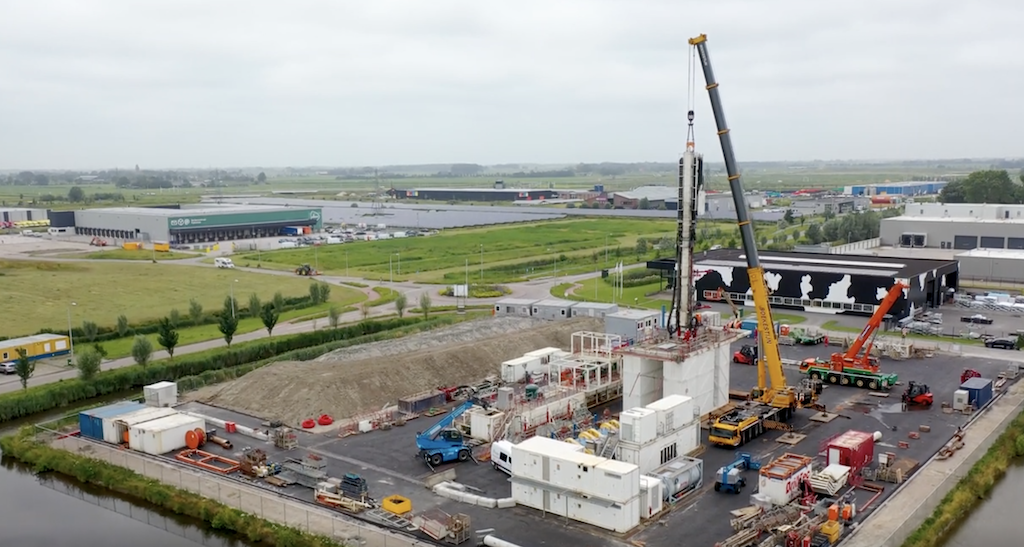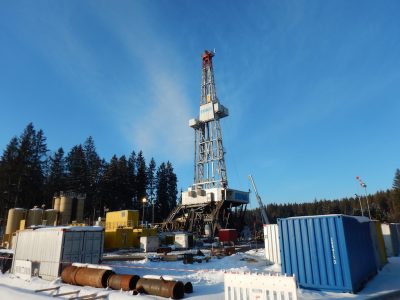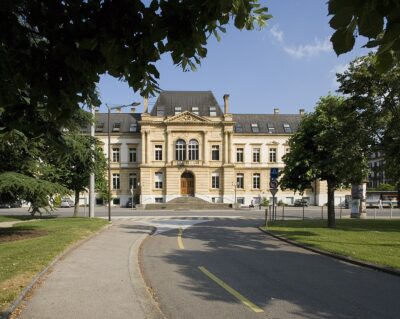New state recommendations for geothermal sector, Netherlands
State Supervision of Mines in the Netherlands has released new recommendations for the geothermal sector highlighting a general professionalisation of the sector, the need for subsidies and stakeholder engagement.
On September 30, 3021, the Dutch State Supervision of Mines has published a report and recommendations for the geothermal sector in the Netherlands.
State Supervision of Mines (SodM) evaluated the State of the Geothermal Sector in 2017 to investigate what has been done with the recommendations of the report and whether geothermal energy has become safer for people and the environment in the meantime.
For the ‘Evaluation Recommendations State of the Geothermal Sector’ 2021, SodM conducted a document study, analysed the inspection reports at geothermal sites and conducted approximately 15 external and internal interviews. Finally, relevant developments have been mapped out.
The State of the Geothermal Sector 2017 contained recommendations to the then Ministry of Economic Affairs and to the geothermal sector.
To learn more about the recommendations, you can access the report here (in Dutch).
Hans Bolscher, Geothermie Nederland commented on the released report stating: “We are proud that all the efforts of the sector have been noticed. And we are committed to making geothermal energy even safer, more profitable and more applicable. The evaluation gives us useful tools for this.”
Key aspects are provided in two distinct conclusions:
- Conclusions on the follow-up to the recommendations (of 2017), and
- Conclusions from the evaluation carried out in 2021.
Conclusions on the follow-up to the recommendations (of 2017)
Since 2017, the Ministry of Economic Affairs has been working on adjusting legislation and regulations, drawing up standards and the elimination of backlogs for agreeing extraction plans. In 2021, this has not yet been completed. In the eyes of SSM, this is an important precondition for the
further development of geothermal energy.
In recent years, compliance behavior and safety performance at geothermal plants have improved. Companies with multiple geothermal systems and companies with many years of experience in the energy sector generally perform better than companies that have geothermal energy as a secondary activity. The Professionalization has been started, but has not yet reached a desired level. That must and can be done better.
Tightened supervision where necessary – Following this evaluation, the assessment of inspection results of recent years, the interviews and the analysis of SSM, the strict supervision of the entire sector can be loosened. The improvements of some companies and the started trend in professionalization of the sector show this. However, stricter supervision will remain in force on subjects where SSM deems it necessary or on companies where compliance and safety performance are lagging. This requires customization.
Conclusions from the evaluation carried out (in 2021)
The consequences of a failure to comply with legislation and standards – If standards are missing or unclear, it is also not clear what must be met in order to prepare and review applications for permits. SSM has established that this leads to lack of clarity among companies applying for a permit and its consultants. Together with inexperience in applying for permits from some of the companies, this leads to requests for additions with the result that procedures take a long time. Procedures also take a long time because there are many legal advisors are involved in advising on the applications. This is a careful procedure is guaranteed, but it does lead to long procedures, which reduces the speed of the permitting process.
The uncertainty of whether and when a permit will be granted and the lengthy procedure can be an obstacle for new projects or when expanding existing projects. One of the effects is that the uncertainty also has consequences for financing. Financiers consider it timely obtaining a permit under the right conditions as a (too) great uncertainty and therefore as an investment risk. Some of the financiers may withdraw from the geothermal market.
To provide clarity from SSM about standards and compliance with laws and regulations, SodM published the Geothermal Supervision Arrangement on 1 July 2020. Where standards for good In the absence of supervision, SSM has completed the standard itself. This standard will be used until EZK has adopted the standard with policies or regulations. SSM also asked EZK about the lack of standards unsolicited advice given as a result of the supervision of compliance with mining legislation.
Marginal business case – Geothermal projects in the Netherlands are not profitable without an SDE+ subsidy. In addition, the margins small. Several companies have insufficient reserves for a good well design, maintenance, well integrity measurements and abandonment. It is worrying that some
cases money has to be borrowed for. This is partly why maintenance is not always (sufficiently) performed to ensure well integrity.
A limited budget also causes a chain reaction in the permit procedure. There is skimping on (external) expertise. As a result, reports that are part of an application are qualitative inadequate. As a result, additional information is requested and licensing procedures take longer. Due to the lack of sufficient evidence and data, conservative regulations attached to permits to ensure that extraction takes place safely. Which the latter in turn leads to a limitation in the capacity of the well and thus in the yield.
SodM therefore endorses EZK’s starting point in the proposed amendment to the Mining Act that provides a sound financial assessment for the entire cycle of a geothermal project must be part of the assessment of an application. Sufficient financial resources are needed for the safe construction of an installation and the subsequent extraction and abandonment.
Citizen participation and reliable information – Some of the municipalities in the Netherlands have insufficient knowledge of the risks of geothermal energy and are too unfamiliar with the risks of the subsurface to make choices that are important in the energy transition. Together with citizens, they ask for reliable and independent information. SodM notes about this:
- Information flows often start before formal processes are started. This has in a number of cases has caused concern among citizens before the formal licensing procedures had been started. Municipalities and initiators are not good at this yet played in. It is recommended to prevent or at least clarify this.
- The urgency to communicate well has led to a new and more intensive way of communicating communication of the Ministry of EZK with the environment, a code of conduct for the sector and the conclusion that support for geothermal energy in the built environment is essential.
SSM concludes that a reliable and independent provision of information and good and early citizen participation for municipalities and citizens are necessary to reduce the risks of a know and understand the geothermal location and to be able to make well-informed decisions. Correct now, because geothermal energy can be one of the important energy sources in the energy transition. SodM applauds the initiatives taken by the ministry and the sector and advises EZK to monitor whether these initiatives succeed in informing citizens early and sufficiently.
Source: State Supervision for Mining


















